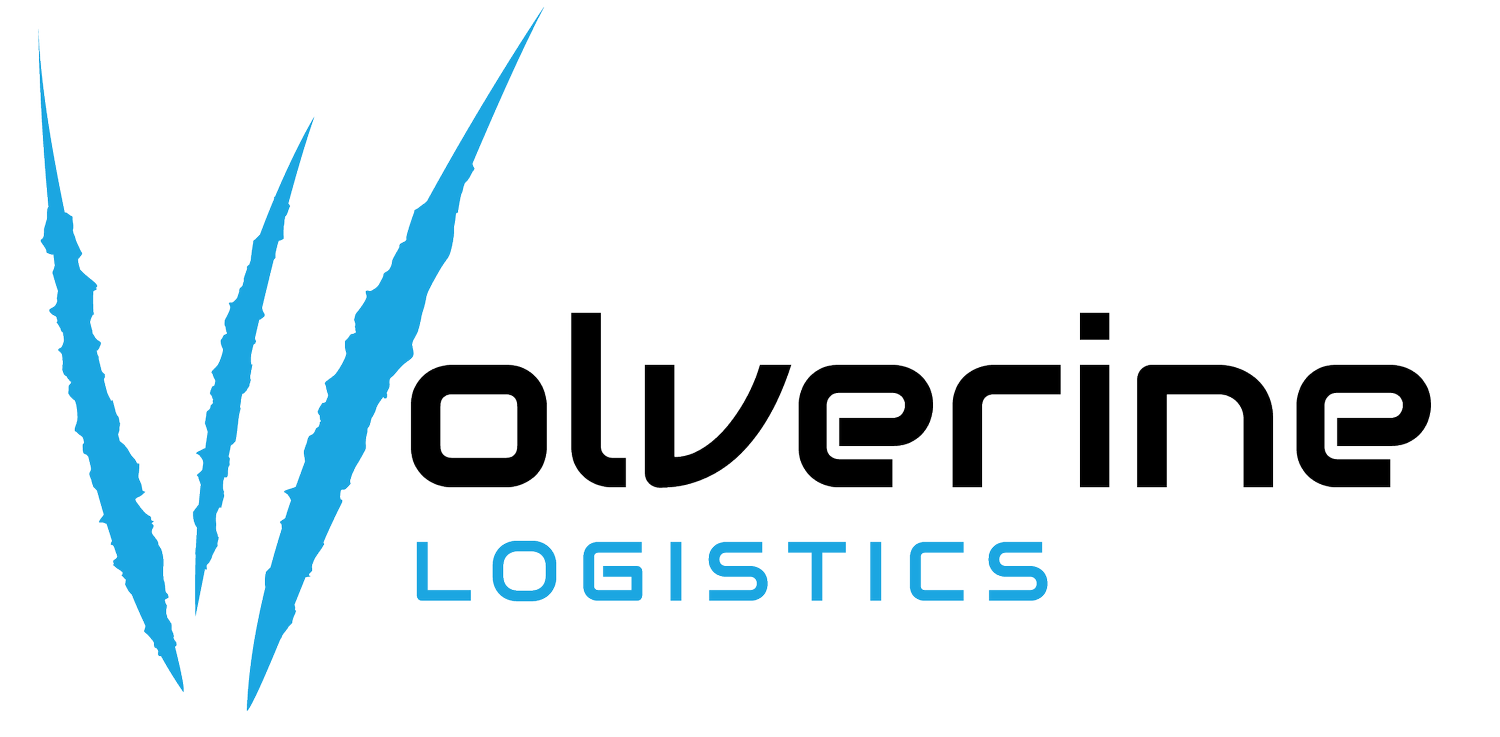Top Issues Facing The Trucking Industry in 2023
Covered in this post—Top issues facing the trucking industry in 2023:
The trucking industry is a vital component of the global economy, transporting goods and products across countries and continents. In 2023, the industry is facing a range of challenges that are impacting trucking companies, drivers, and consumers.
In this blog post, we will discuss the top issues facing the trucking industry in 2023.
1. Driver Shortage
The trucking industry is facing a severe shortage of drivers, which is impacting the ability of companies to transport goods. The shortage is due to several factors, including an aging workforce, a lack of interest in trucking as a career, and regulatory changes that have made it more difficult to become a driver. The shortage is leading to higher shipping costs, delays in delivery, and increased competition for drivers.
2. Rising Fuel Costs
Fuel costs are a significant expense for trucking companies, and rising fuel prices are putting pressure on their bottom line. The cost of diesel fuel has been steadily increasing in recent years, and it is expected to continue to rise in 2023. This is making it more difficult for companies to maintain profitability and is leading to higher shipping costs for consumers.
3. Infrastructure Issues
The infrastructure in the United States is aging and in need of repair and improvement. This is impacting the trucking industry, as it relies heavily on the road network to transport goods. Poor road conditions and congestion can lead to delays in delivery, increased fuel consumption, and higher maintenance costs for vehicles.
4. Technology Adoption
The trucking industry is rapidly adopting new technologies, such as electronic logging devices, autonomous vehicles, and blockchain. While these technologies have the potential to improve efficiency, reduce costs, and enhance safety, they also require significant investments and training. Companies that fail to adopt these technologies may struggle to compete in the market.
5. Regulatory Changes
The trucking industry is heavily regulated, with federal and state regulations covering everything from hours of service to vehicle safety. Changes to these regulations can have a significant impact on the industry. In 2023, the industry is facing several regulatory changes, including new emissions standards and increased scrutiny of driver safety.
6. Environmental Concerns
The trucking industry is a significant contributor to greenhouse gas emissions, which is leading to increased pressure to reduce its environmental impact. Consumers are increasingly demanding eco-friendly transportation options, and companies that fail to address these concerns may struggle to remain competitive.
7. Cybersecurity Threats
The trucking industry is becoming increasingly reliant on technology, which is making it more vulnerable to cybersecurity threats. Cyberattacks can disrupt operations, compromise sensitive information, and lead to significant financial losses. As the industry continues to adopt new technologies, it is essential to prioritize cybersecurity measures.
8. Supply Chain Disruptions
The Covid-19 pandemic has highlighted the vulnerability of global supply chains. The trucking industry is a critical component of these supply chains, and disruptions to the industry can have far-reaching consequences. In 2023, the industry may face further disruptions due to geopolitical tensions, natural disasters, and other unforeseen events.
9. Health and Safety Concerns
Truck drivers are at a higher risk of health and safety issues due to the nature of their work. Long hours behind the wheel, poor nutrition and lack of exercise can lead to health problems such as obesity, diabetes and heart disease. Companies that prioritize driver health and safety may have an advantage in attracting and retaining drivers.
10. Industry Consolidation
The trucking industry is undergoing consolidation, with larger companies acquiring smaller competitors. This is leading to increased competition and may make it more difficult for small companies to compete. It is also leading to concerns about monopolies and market concentration.
